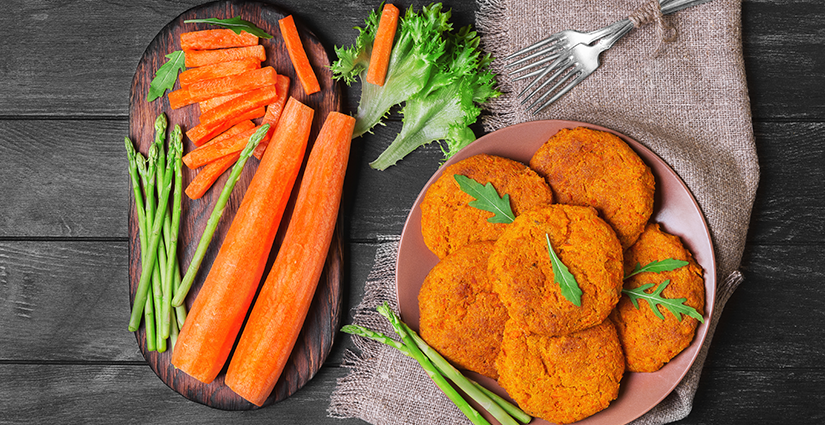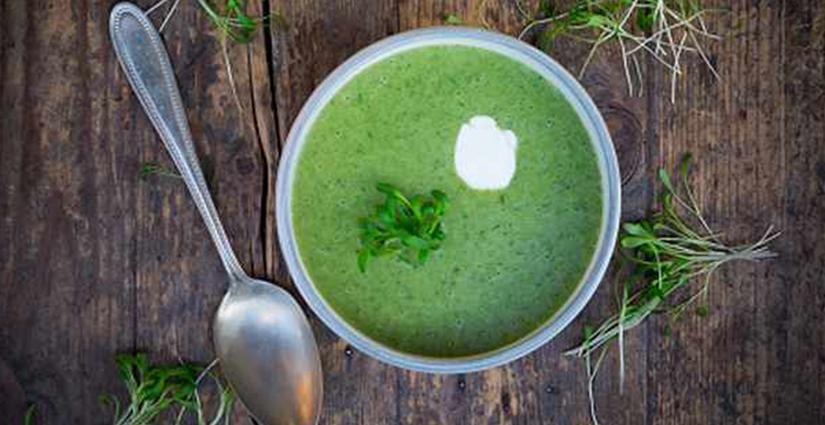Oil-Free Diet: Yay or Nay
By Nmami Life Editorial 26-Jun 2021 Reading Time: 6 Mins

The trends nowadays suggest that going oil-free or following an oil-free diet is healthy but is it true enough and do you know all about it right?
It is difficult to eliminate oil completely from the food preparation as we have become very accustomed to eating oil in almost all of our food preparations but some famous diet trends also suggest that eliminating all forms of oil from your diet—including oils that are often promoted such as olive oil could be a healthy. As they claim that any form of oil (butter, refined oil and so on) is fat, and it contributes to raise your cholesterol levels, which is responsible for many health issues and even a teaspoon of oil is a source of a lot of calories in the diet that can lead to weight gain and also, some professionals say that most of the oils are processed and their nutritional values are stripped away during the process.
Sometimes having an oil-free diet might be helpful when one is following a sedentary lifestyle or suffering from health problems like obesity or being overweight. Some easy and tasty food options of oil-free recipes include spinach soup, marinated roasted chicken, baked fish curry, broccoli soup, crispy roasted potatoes, baked cutlets, vegetable skewers and fruits stews.
Refined oils are definitely a bad option for health but one can never miss out that there are some varieties of oils which are nutritionally beneficial to human health that includes cold-pressed mustard oil, coconut oil, canola oil, olive oil and rice bran oil. In fact, adding oil to your food helps you absorb more of the nutrients from number of vegetables and other food items and nevertheless it makes food preparations more appealing and palatable too.
Nutritional values of some oils are mentioned below:
- Olive oil has a main type of fat that is monounsaturated fatty acids (MUFAs). MUFAs are considered a healthy dietary fat. MUFAs have been associated with lower increased cholesterol levels. Moreover, some research shows that MUFAs may benefit insulin levels and blood sugar control which can be helpful if you are at a risk of type-2 diabetes. It also has anti-inflammatory properties which can reduce the risk of Alzheimer’s disease.
- Coconut oil has a saturated fat called lauric acid, a type of medium chain triglycerides (MCTs). MCTs are healthy fats and it has been shown that when these fats break down in the liver, they lead to efficient burning of energy. It is evidenced that lauric acid increases the good HDL cholesterol in the blood to help improve cholesterol ratio levels.
- Rice bran oil is rich in micronutrients like Vitamin E (α-tocopherol) and is a fat-soluble vitamin that acts as an antioxidant in the body and helps to prevent cells against oxidative damage and boosts immune health and Vitamin K that is necessary for blood clotting. Rice bran is also associated with improved blood pressure and cholesterol levels. Thus, it promotes heart health.
Footnote
It is always advisable to change oil every month and not continue to use the same type of oil. Though you should try and use all the health-giving oils but before changing or using any type of oil, it is recommended to consult a doctor or a qualified dietitian as they will be able to provide you the right guidance according to your medical conditions or other factors, if any.Healthy fats are also high in calories, so using them in moderation is the way to relish their nutritional benefits. It is better to follow an oil free diet only when a nutritionist prescribes or under the consultation of a doctor.


















